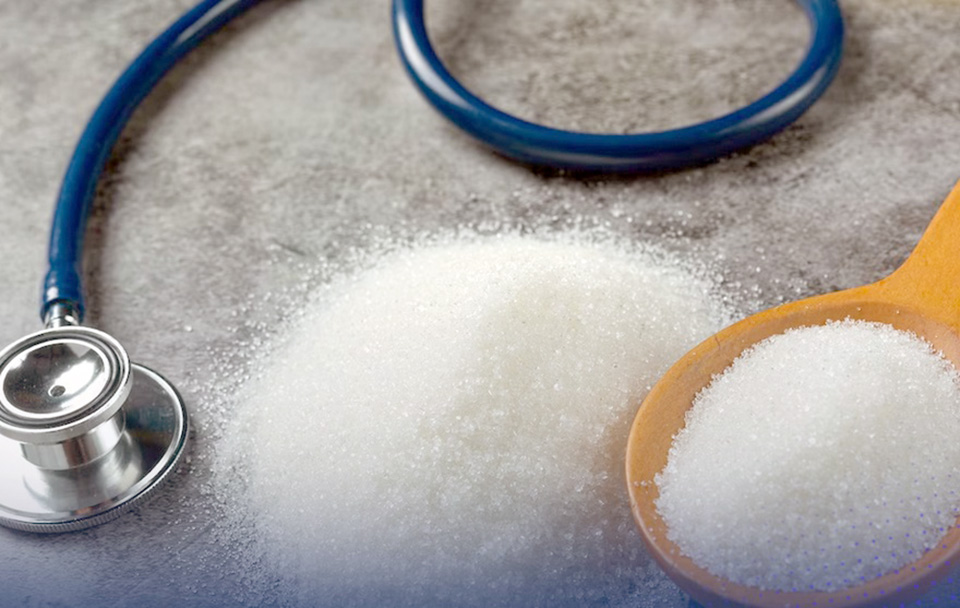
The Thai Health Promotion Foundation (ThaiHealth) has raised concerns about the high sugar consumption in Thailand, which stands at about 23 teaspoons per person daily—nearly four times the World Health Organization’s recommended intake of six teaspoons. This excessive sugar consumption, much of it from sugary beverages, is identified as a leading cause of serious health problems such as heart attacks, strokes, cancers, and diabetes among Thais.
Efforts to combat this issue have led ThaiHealth to collaborate with various organizations, including the Excise Department, Ministry of Finance, and Ministry of Public Health, to implement a sugar tax as per the Excise Act 2017. This tax targets drinks with high sugar content, aiming to encourage manufacturers to reduce sugar levels in their products.
The introduction of the sugar tax has shown positive outcomes, with a 35% increase in sales of lower-sugar drink alternatives and a reduction in sugar consumption from 27 teaspoons in 2017 to 23 teaspoons per person per day in 2021. The tax structure, effective from 2017, varies based on the sugar content in beverages per 100 milliliters, ranging from tax exemption for drinks with less than six grams of sugar to a five baht per liter tax for those containing more than 18 grams. (NNT)








